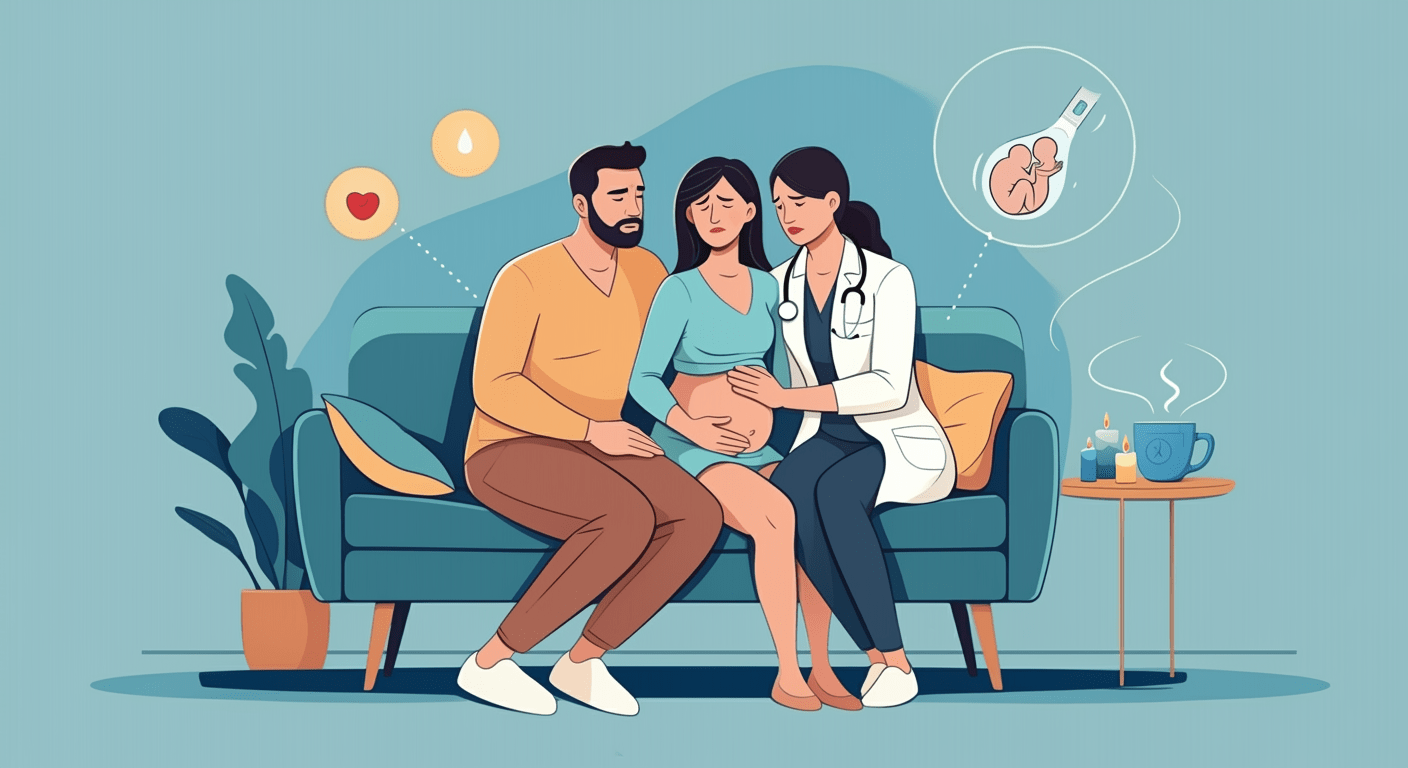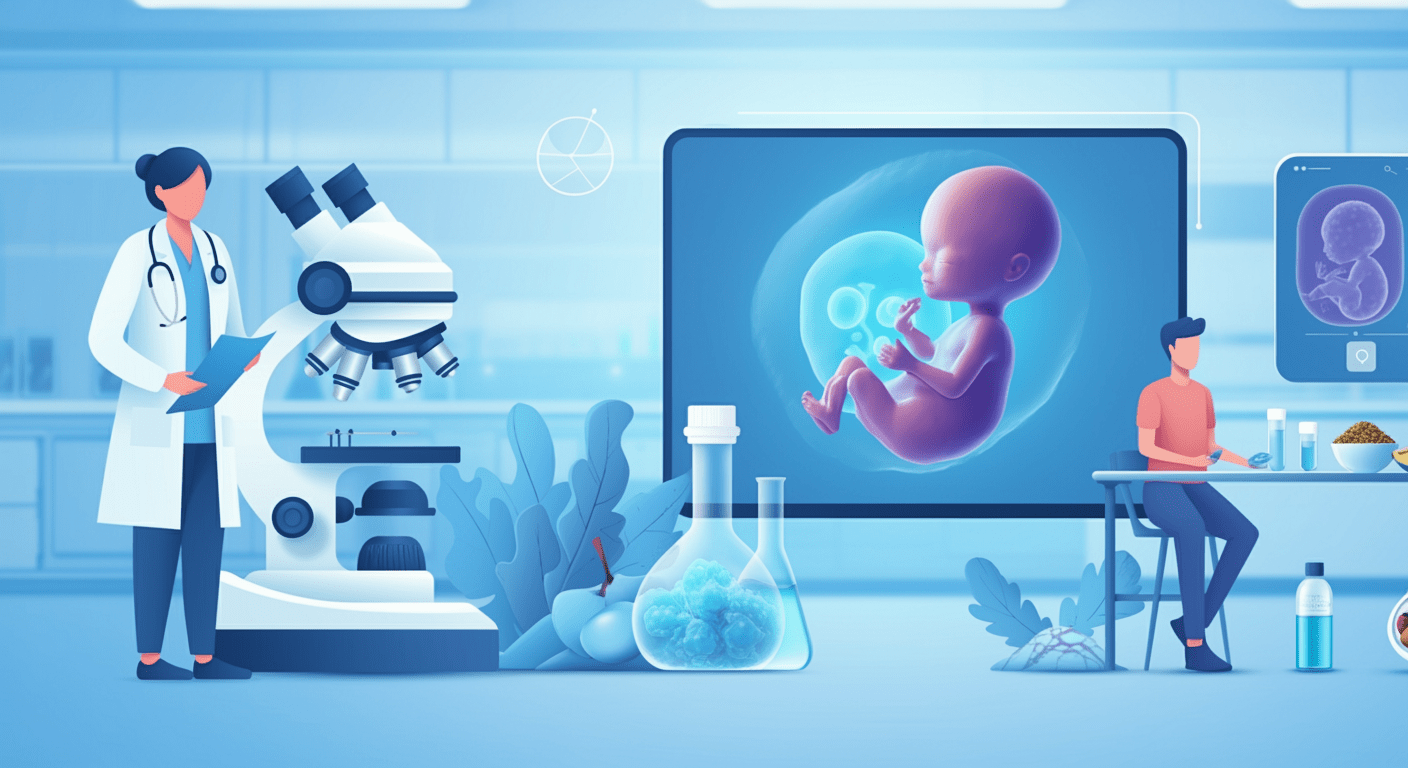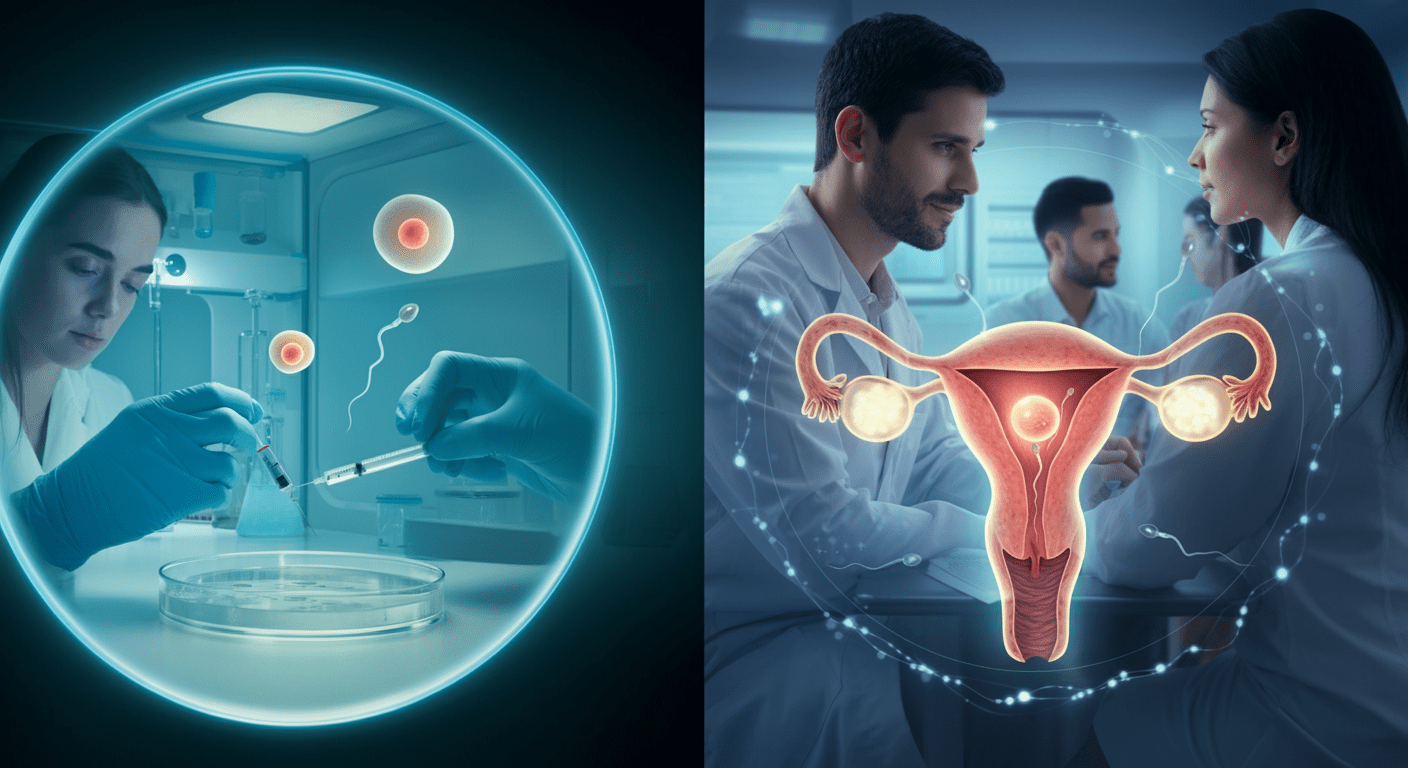In vitro fertilization (IVF) is a groundbreaking technique that has helped millions of couples worldwide to achieve their dream of having children. However, the question, Can I choose twins with IVF?, has garnered attention from many individuals undergoing fertility treatment. While IVF offers a lot of possibilities, the choice of having twins, or multiple children, is a bit more complex. This article will explore the intricacies of choosing twins with IVF, the medical and ethical considerations, and how IVF procedures work in relation to multiples.
What Is IVF and How Does It Work?
In vitro fertilization (IVF) involves the fertilization of an egg with sperm outside the body, in a laboratory setting. Once the fertilization is successful, the embryo is then implanted into the uterus, where it can grow and develop. The IVF process typically involves several stages:
- Ovarian Stimulation: The ovaries are stimulated using hormones to produce multiple eggs.
- Egg Retrieval: Eggs are collected from the ovaries.
- Fertilization: Eggs are fertilized by sperm in a lab.
- Embryo Transfer: One or more embryos are transferred into the uterus.
While IVF offers many possibilities, the question of selecting twins is more nuanced. Let’s dive deeper into this topic.
Can I Choose Twins with IVF?
In short, IVF does not offer a direct method for choosing twins, but there are ways that the likelihood of twins or multiples can be increased. Most IVF cycles aim to implant one embryo to reduce the risk of complications like preterm birth and other pregnancy-related issues. However, multiple embryos may be transferred, and in some cases, this can lead to a higher chance of multiple pregnancies, such as twins.
Factors That Influence the Likelihood of Twins with IVF
The possibility of having twins with IVF largely depends on the following factors:
- Number of Embryos Transferred:
- In many IVF cycles, doctors transfer one embryo to minimize the risk of multiple pregnancies. However, some clinics may transfer more than one embryo if there is a concern about implantation success or maternal age.
- Transferring multiple embryos increases the chances of having twins, but it also comes with risks like premature labor, gestational diabetes, and preeclampsia.
- Use of Fertility Medications:
- Fertility medications used in IVF, such as gonadotropins, can increase the number of eggs produced during ovarian stimulation. If more than one egg is fertilized and implants in the uterus, it can result in twins or even higher-order multiples.
- Age of the Mother:
- The age of the woman undergoing IVF can affect the likelihood of twins. Women over 35 years old tend to have a higher chance of releasing more than one egg during IVF, which increases the possibility of multiples.
- Embryo Quality and Genetic Factors:
- The quality of the embryos and genetic factors can also play a role in whether twins result from IVF. In some cases, an embryo may split after implantation, leading to identical twins.
What Are the Chances of Having Twins with IVF?
While IVF can increase the likelihood of having twins, it is not guaranteed. The chances of twins vary depending on several factors, such as the number of embryos transferred, age, and fertility medications. On average, the chance of twins with IVF is around 25-30%, but this can vary.
Here is a table outlining the typical chances of multiples depending on the number of embryos transferred:
| Number of Embryos Transferred | Chance of Twins | Chance of Triplets | Chance of Higher Order Multiples |
|---|---|---|---|
| 1 | 0-2% | <1% | <1% |
| 2 | 25-30% | 1-2% | 1% |
| 3+ | 30-40% | 2-5% | 5-10% |
As you can see, the chances of having twins increase significantly when multiple embryos are transferred.
Risks and Benefits of Choosing Twins with IVF
While IVF provides the possibility of choosing twins, it’s essential to understand the potential risks and benefits involved.
Benefits of Having Twins with IVF
- Fulfillment of Family Goals: Some couples may want to have twins to complete their family in one go.
- Genetic Benefits: Identical twins have a genetic connection, which can be appealing for some parents.
Risks of Having Twins with IVF
- Premature Birth: Multiple pregnancies, especially twins, are more likely to result in premature birth, which carries risks for the babies.
- Health Complications: Women pregnant with twins or multiples have an increased risk of complications, such as gestational diabetes, high blood pressure, and preeclampsia.
- Increased Cost and Care: Twins often require more medical care and monitoring throughout the pregnancy, leading to higher medical costs and additional stress for the parents.
Ethical Considerations in Choosing Twins with IVF
When it comes to choosing twins or multiples with IVF, ethical considerations are also essential. Many IVF clinics and fertility specialists may limit the number of embryos transferred to reduce the risks associated with multiple pregnancies. There are also concerns about the emotional and financial costs of raising multiples. Additionally, multiple pregnancies have higher rates of complications, which could impact both the mother’s and the babies’ health.
Can IVF Be Used to Select Twins on Purpose?
While IVF offers the possibility of having twins, there is no direct method of selecting for twins during the IVF process. However, certain practices may increase the likelihood of twins, such as transferring multiple embryos, but even this is not a guarantee of having twins.
It is important to note that some countries and IVF clinics have specific guidelines and regulations around how many embryos can be transferred during a cycle. Many countries limit the number of embryos transferred to reduce the risks associated with multiple pregnancies, including twins. For example, countries like the United States and the United Kingdom may limit transfers to two embryos in certain cases, while other countries may have stricter regulations.
How Can I Maximize the Chances of Having Twins?
While choosing twins with IVF is not as simple as selecting the number of babies, there are ways to increase the chances of having twins. Some methods include:
- Opt for an IVF Program That Transfers Multiple Embryos: As previously mentioned, transferring multiple embryos can increase the likelihood of twins.
- Fertility Medications: Taking fertility medications, as prescribed by a doctor, can stimulate the ovaries to release more eggs, increasing the chance of multiple pregnancies.
- Consulting with an IVF Specialist: Consulting with a fertility specialist who can advise on the best practices to increase the likelihood of twins is key. They may also recommend certain lifestyle changes or treatments to boost fertility.
Conclusion
The question, Can I choose twins with IVF?, involves a combination of medical considerations, ethical choices, and personal desires. While IVF can increase the chances of having twins or multiples, it is not an exact science and involves factors such as the number of embryos transferred, the woman’s age, and fertility medications.
Choosing twins through IVF requires careful planning and consultation with a fertility specialist, as there are significant risks involved. It is important for couples to be informed about the potential outcomes and to consider both the joys and challenges that come with multiple pregnancies.
Ultimately, the decision to pursue IVF and the choice to increase the likelihood of having twins should be made thoughtfully, with consideration of the medical, ethical, and emotional factors that come with this life-changing decision.
FAQ: Can I Choose Twins with IVF?
Can I select twins through IVF?
No, you cannot directly “choose” twins through IVF. However, IVF can increase the likelihood of having twins if more than one embryo is transferred. While transferring two or more embryos increases the chances of multiple pregnancies, it is not a guarantee that twins will result. Factors such as embryo quality, the number of embryos transferred, and maternal age all influence the outcome.
What is the typical chance of having twins with IVF?
The chance of having twins with IVF depends largely on the number of embryos transferred. On average, the likelihood of having twins in an IVF cycle where two embryos are transferred is around 25-30%. If three or more embryos are transferred, the chances of having twins or higher-order multiples increase significantly. However, transferring multiple embryos also comes with greater risks for the mother and babies.
What are the risks associated with IVF when trying to have twins?
Choosing to increase the chances of having twins with IVF by transferring multiple embryos comes with several risks, including:
Premature Birth: Twins are more likely to be born prematurely, which can result in developmental delays or health complications for the babies.
Gestational Complications: Women pregnant with twins or multiples are at higher risk of conditions such as high blood pressure, preeclampsia, gestational diabetes, and anemia.
Higher Healthcare Costs: Multiple pregnancies require more frequent monitoring, which increases healthcare costs and emotional strain.
It’s essential to discuss the risks with your fertility specialist to ensure you understand the potential challenges of having twins.
Can IVF be used to select identical twins?
No, IVF cannot be used to specifically select identical twins. Identical twins occur when one embryo splits into two during the early stages of development. This is a random event and cannot be controlled or predicted during the IVF process. IVF allows doctors to select the best-quality embryos for transfer, but they cannot dictate whether the embryos will result in identical or fraternal twins.
Is it safe to transfer more than one embryo in an IVF cycle?
While transferring multiple embryos can increase the chances of pregnancy and potentially lead to twins, it is not always recommended due to the associated risks. In many countries, IVF clinics follow strict guidelines that limit the number of embryos transferred to reduce the risk of multiple pregnancies. In some cases, doctors may opt to transfer more than one embryo, particularly in older women or those with previous failed IVF attempts. The decision is made on a case-by-case basis, considering both the potential benefits and risks.
Can I choose the number of embryos to transfer in IVF?
Yes, you can discuss with your fertility specialist how many embryos you would like to transfer during an IVF cycle. However, the number of embryos transferred is subject to medical guidelines, and your doctor will consider factors such as your age, the quality of the embryos, and the potential risks to both you and the babies. Some countries have regulations that limit the number of embryos transferred to reduce the risks of multiple pregnancies and complications.
Are there any lifestyle changes or treatments that can increase the chances of having twins with IVF?
While there is no guaranteed method to increase the chances of twins with IVF, certain factors may influence the outcome:
Fertility Medications: Fertility drugs used to stimulate ovulation during IVF may increase the chances of multiple eggs being released, which can lead to the possibility of twins.
Consultation with a Specialist: Your fertility specialist may recommend lifestyle changes, such as optimizing your diet, taking specific vitamins, or managing stress levels to improve your fertility.
Maternal Age: Women over the age of 35 may be more likely to release multiple eggs during IVF, increasing the chances of multiple pregnancies.
Discussing your goals and concerns with your fertility specialist will help tailor an IVF plan that aligns with your family-building objectives.







